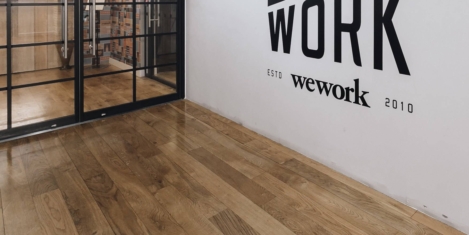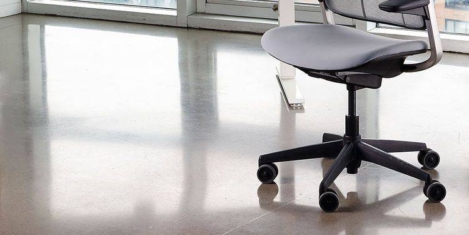August 1, 2015
Insight Weekly on GenY, digital workplaces, productivity and more
 In this week’s issue; three new studies have joined the already extensive body of work linking workplace design and productivity; how business practices and the way people use technology vary across sectors; and over half of US workers say the 9 to 5 day is an outmoded concept. Amanda Sterling argues social media at work can help shift the power dynamic from the few to the many; Gary Chandler explains how workplace design can express a firm’s culture and Mark Eltringham explores what the Midwich Cuckoos can tell us about Generation Y. The Government challenges businesses to consider the boost untapped disabled talent could bring to their workforce and CoWorking giant WeWork looks to acquire over 1 million sq. ft. of space in London. Subscribe for free quarterly issues of Work&Place and weekly news here, follow us on Twitter and join our LinkedIn Group to discuss these and other stories.
In this week’s issue; three new studies have joined the already extensive body of work linking workplace design and productivity; how business practices and the way people use technology vary across sectors; and over half of US workers say the 9 to 5 day is an outmoded concept. Amanda Sterling argues social media at work can help shift the power dynamic from the few to the many; Gary Chandler explains how workplace design can express a firm’s culture and Mark Eltringham explores what the Midwich Cuckoos can tell us about Generation Y. The Government challenges businesses to consider the boost untapped disabled talent could bring to their workforce and CoWorking giant WeWork looks to acquire over 1 million sq. ft. of space in London. Subscribe for free quarterly issues of Work&Place and weekly news here, follow us on Twitter and join our LinkedIn Group to discuss these and other stories.


































August 2, 2015
Female bosses enhance workforce engagement and motivation
by Gill Buchanan • Comment, Flexible working, Wellbeing, Workplace
More →